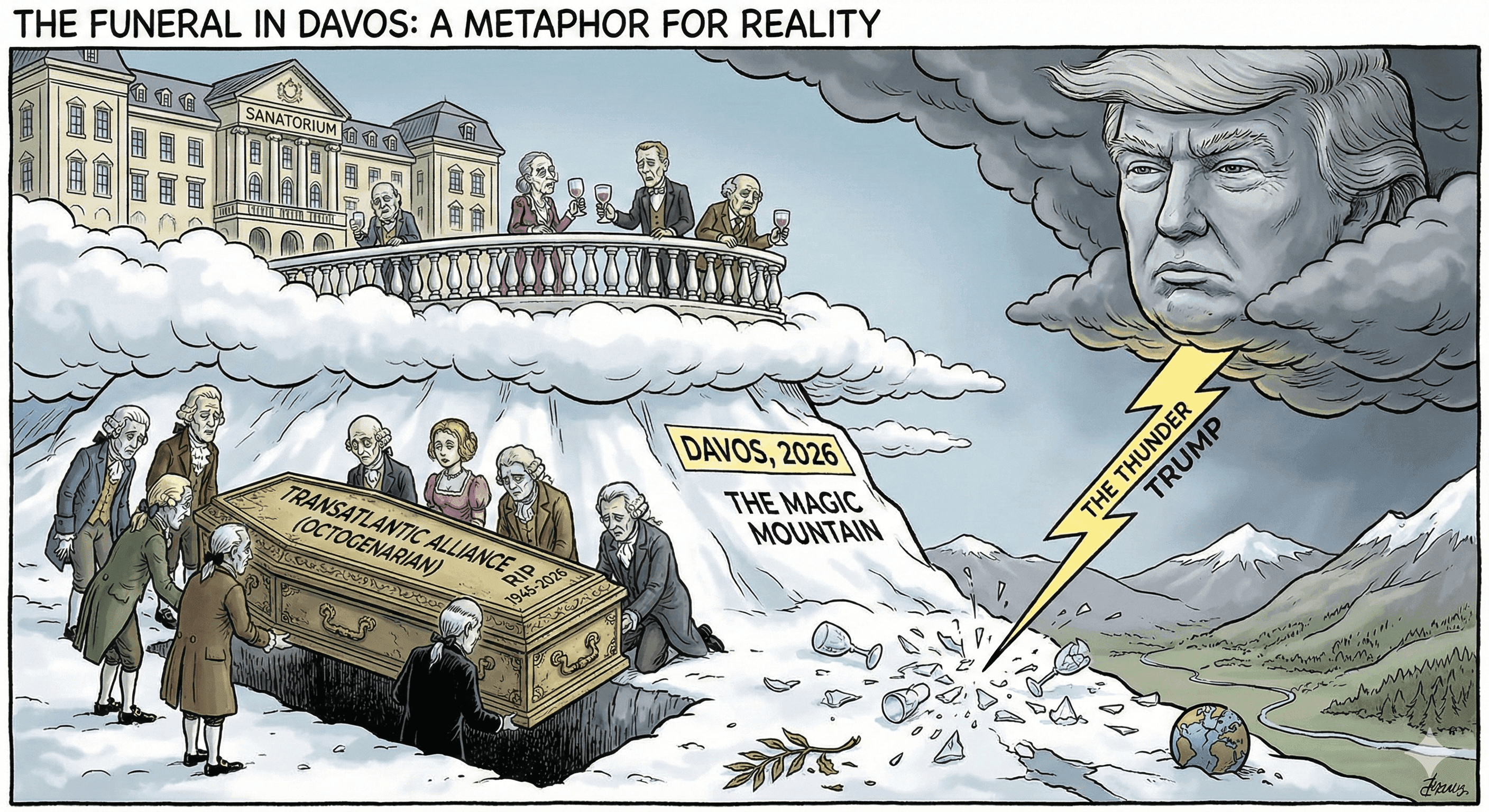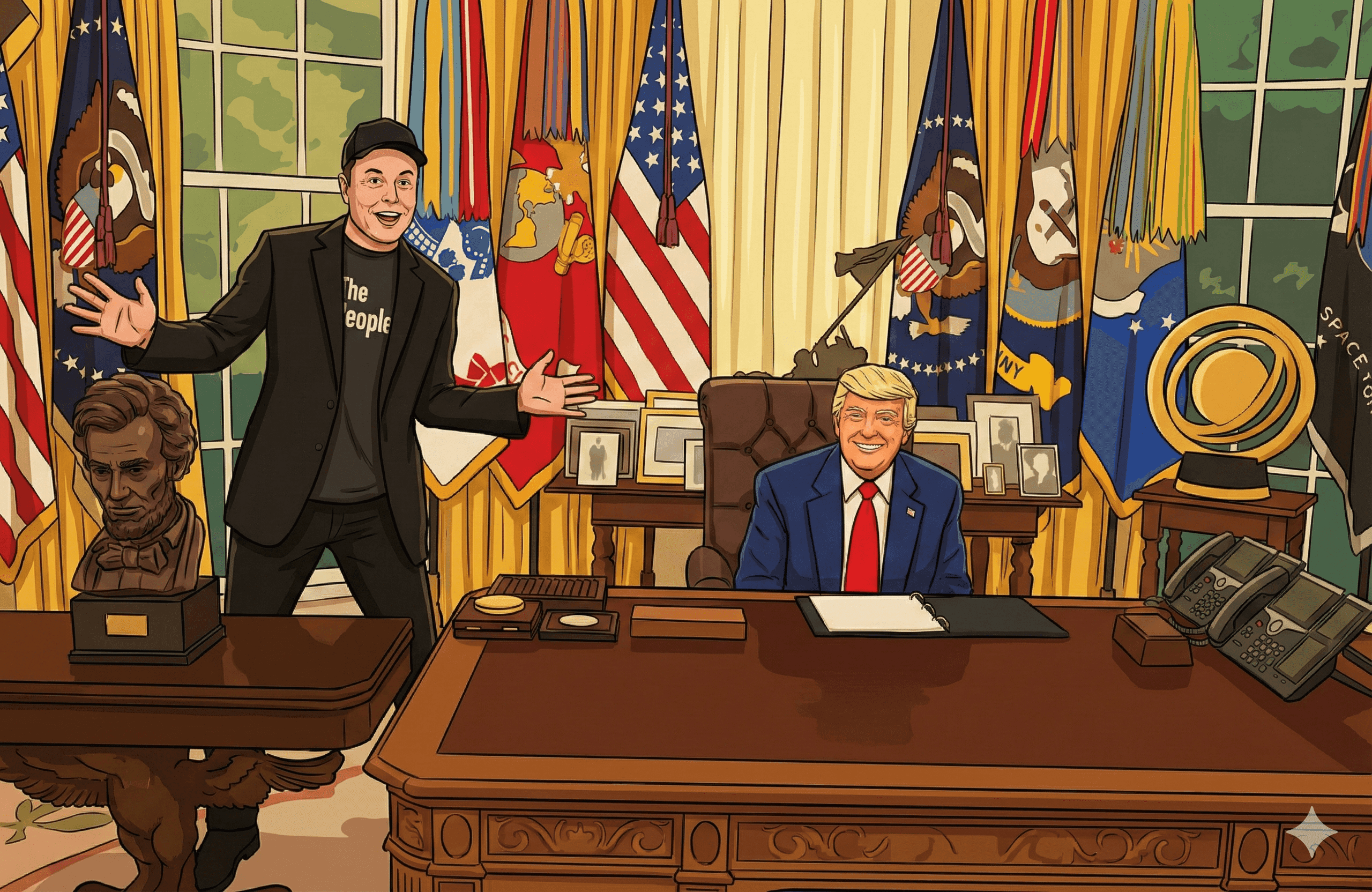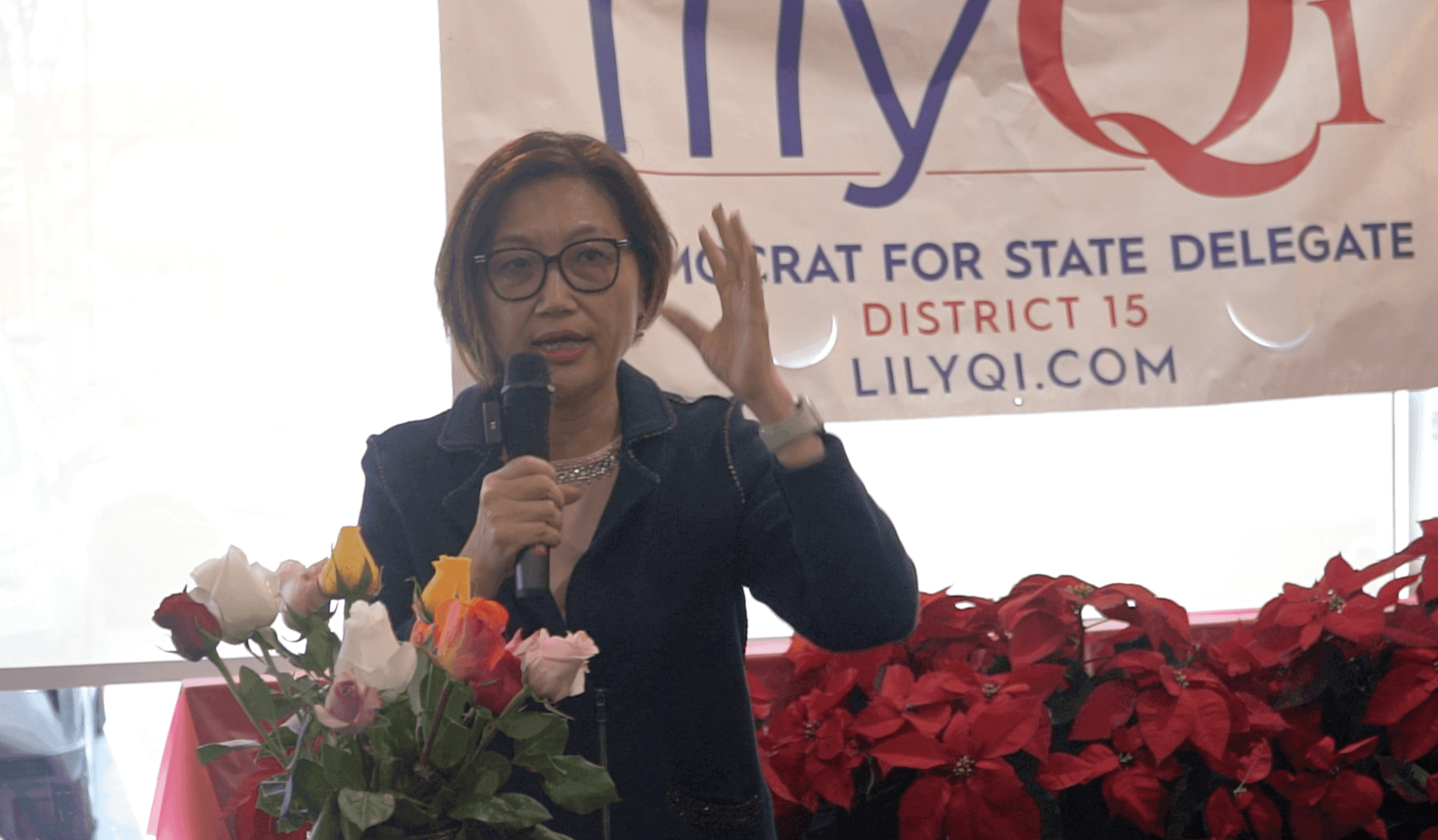Trump Appoints Two Chinese Americans to Cabinet, Yet Anxiety in the Chinese Community Remains

WASHINGTON – President-elect Donald Trump’s cabinet is nearly complete following a series of nominations immediately after the election. Notably, two Asian Americans of Chinese heritage have been appointed: Steven Cheung as Communications Director and Alex Wong as Principal Deputy National Security Adviser.
Unlike many of Trump’s controversial nominations, these two Asian American appointees have garnered little media attention. Even within the Chinese American community, the appointment of two individuals to prominent roles in the upcoming administration has sparked minimal discussion. Nor have these nominations alleviated concerns within the Chinese American community. While some see it as Trump’s gesture of appreciation toward Chinese Americans, many remain apprehensive about the potential for targeted policies from the next administration, given that Chinese Americans trace their heritage to China, the U.S.'s primary geopolitical rival.
Steven Cheung, 42, was born to Chinese immigrant parents in Sacramento, California. He served as Trump’s campaign spokesman during the 2024 U.S. presidential election. Cheung’s association with Trump dates back to the president-elect’s first campaign in 2016 and continued through the 2020 race.
During Trump’s first administration, Cheung served two years in the White House as a special assistant to the president and assistant communications director. When Rep. Ted Lieu (D-CA) criticized the rise in anti-Asian sentiment during COVID under the Trump administration, Cheung drew on his experience working with Trump to defend him.
“As an Asian American who has worked on campaigns, in government, and in the corporate world, working for President Trump and in his WH was the most inclusive environment I’ve ever encountered,” Cheung said.
Trump has jokingly referred to Cheung as “my sumo wrestler” given that Cheung is a beefy guy, which affects how people perceive him. While much media attention has focused on Cheung’s stint as a spokesperson for the Ultimate Fighting Championship—a prominent mixed martial arts league—his early career reveals a deeper focus on politics.
Cheung began his political career as an intern in Arnold Schwarzenegger’s speechwriting office. He later served as an assistant on John McCain’s 2008 presidential campaign. Following that, he held various positions in the political landscapes of California, Nevada, and Texas. Although Cheung did spend a few years at the UFC before joining Trump’s 2016 campaign as its director of rapid response, his role at the UFC appears to have been a brief detour rather than a defining chapter.
Yet, Cheung’s experience at the UFC seems to have infused a cage fighter’s spirit into his role as Trump’s spokesperson on the campaign trail. His style is combative, often laced with cutting barbs.
For example, during the Republican primary, when Florida Gov. Ron DeSantis and former UN Ambassador Nikki Haley campaigned against Trump, Cheung referred to DeSantis as "a desperate eunuch" and called Haley "an embarrassment to herself."
There’s no getting around it: Trump’s relationship with the political press is complex. While he continues to disdain mainstream media, he recognizes the importance of maintaining access to reporters. Cheung played a key role in helping Trump navigate this delicate dynamic and earned a reputation among many political reporters for his responsiveness.
The New Yorker described him as “a pretty nice guy,” for instance. Some even enjoy calling him by his nickname, Panda, derived from his former Twitter handle, @CaliforniaPanda. “I like dealing with him,” said a reporter covering the Trump campaign for a mainstream news outlet. “He’s not a white nationalist. He gets back to you. He gets you statements.”
Although Cheung has been part of Trump’s orbit for nearly a decade, he maintains a low profile. As POLITICO noted in a 2018 story: “Cheung was known as the rare aide in the White House who was often in the room, but kept his head down… Unlike many of his colleagues, he never turned himself into a household name.”
He is also relatively unknown within the Chinese American community. Lacking deeper insight into his background, many Chinese Americans focused on his appearance and only debated whether his heritage traces to Hong Kong or Mainland China—two origins that carry distinct connotations within the community.
Asian American Republicans often prefer not to emphasize their racial background. However, Dunn Yang, a Taiwanese small business owner, said that Trump’s pick of Cheung serves as evidence that Trump isn’t as racist as the mainstream media portrays.
On the other hand, some Asian American Democrats, like Selina Guan, prioritized Cheung’s stance on anti-Asian sentiment in evaluating him. “It is even more shameful to use his origin to prove that Trump is not a racist,” Guan said. “In my opinion, he is trying to save his own job by ignoring the Asian hate that originated during Trump’s administration and shirking responsibility for the undercurrent of white supremacy set off by the MAGA Party.”
“I’m okay with his style when it targets Trump’s competitors, but I cannot accept that he echoed Trump’s rhetoric by calling COVID-19 ‘Kung Flu’ during the pandemic,” said Tao, a Chinese American architect who declined to share his first name. “It’s irresponsible and contributed to severe anti-Asian hate crimes against Asian Americans, which I will never forgive.”
Trump’s other Asian American cabinet selection, Alex Wong, as Deputy National Security Advisor, has an even lower profile among the general public. Few individuals from the Chinese American community are familiar with the name, according to our interviews.
Wong, 44, graduated from prestigious colleges like the University of Pennsylvania and holds a Juris Doctor degree from Harvard Law School. Before entering the political arena, he practiced law in both the private and federal sectors, with a specialization in international issues. In 2012, Wong worked on Mitt Romney’s presidential campaign as the foreign and legal policy director. He also served as a foreign policy advisor to U.S. Senator Tom Cotton (R-AR), who has military experience in Iraq.
Among Wong’s foreign policy roles, the most notable was his involvement in arranging Trump’s historic summits with North Korean leader Kim Jong Un. He served as Deputy Special Representative for North Korea during Trump’s first term as President.
Neither Cheung’s nor Wong’s nomination requires Senate confirmation, as these roles are considered part of the President’s personal staff and do not carry the statutory authority of other cabinet positions. Serving at the President’s discretion, they have no independent constitutional powers. Both will assume their cabinet roles immediately upon Trump’s inauguration.
Trump’s cabinet nominations of two Chinese Americans have done little to alleviate anxiety within the Chinese American community. Fears about how the upcoming administration might negatively impact the community have become increasingly prevalent.
An increasing number of green card holders are considering pursuing U.S. citizenship, while some long-naturalized Chinese Americans are now questioning their rights and even personal safety.
“They won’t differentiate whether you’re a U.S. visa holder or a U.S. citizen based on appearance,” said Cindy Wang, a Chinese American IT consultant who has been naturalized for decades. “We’ll all face unfair treatment.”
Wang, who has worked for the South Carolina state government for decades as the only Asian American employee there, said she recently began experiencing racial discrimination from younger colleagues.
“This never happened before. It’s a sign that the situation for us Chinese Americans is becoming increasingly difficult and more challenging,” Wang said.

 Pingping Yin
Pingping Yin



